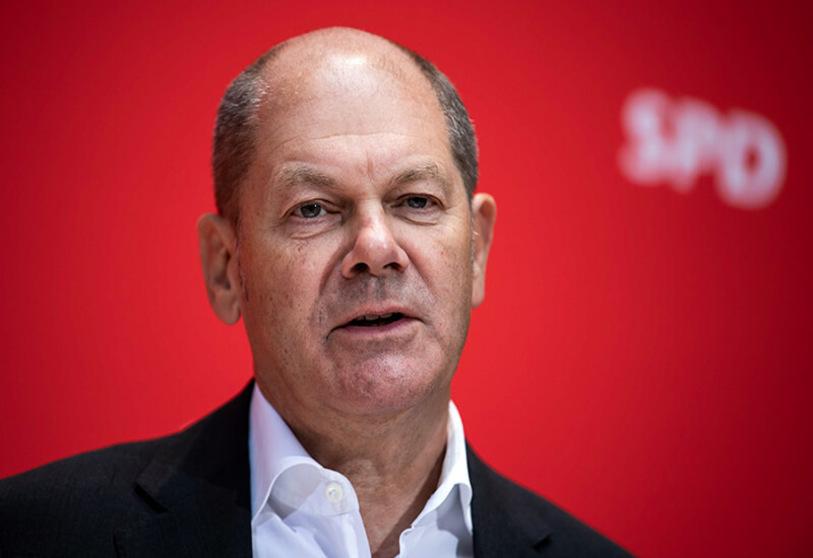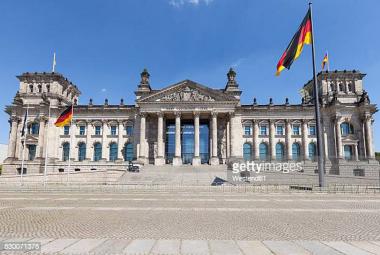Germany is by far the most valued partner in Black Africa in terms of bilateral and multilateral cooperation, all countries combined. A privileged position which makes this country a partner of choice and trust not only with the leaders but also with the African populations themselves. Here are five reasons for Germany to make the most of its good aura.
1 – The brand image of Germany in Black Africa
In the perception that people have of developed countries cooperating with the continent, Germany enjoys a very good rating. The best score, if we can say at the moment, of all European nations. And it would not be an exaggeration to highlight the entire Western world – Europe and the United States and other dependencies included – both the rulers in power and the ruled. Not even China, much less Russia, which are making inroads on the continent enjoys such appreciation. A fortiori the former colonial powers of Europe whose influence has more or less been maintained in their former colonies or well beyond.
2 – The country going beyond its colonial past
Germany had for colonies, previously in Africa and at a certain time, between 1884 and the Second World War (1939-1945) the following countries: West Africa between current Togo and Ghana, Central Africa: present-day Cameroon, German South-West Africa: between present-day South Africa and Namibia; German East Africa: between present-day Mozambique, Namibia, South Africa and the DRC.
Even if we know that German colonialism lasted only thirty years, Germany knew how to find more than other countries the means to go beyond this period both from the inside and the outside. Especially with regard to Namibia. After much prevarication, declaring: “We Germans accept our moral and historical responsibility and the guilt that tainted the Germans at that time. Also, with the words of the prayer to the Lord that we have in common, I ask you to forgive us our trespasses,” Germany ultimately acknowledged through German Minister for Development and Economic Cooperation, Heidemarie Wieczorek -Zeul (social democrat), all his responsibility.
As part of several conferences in Bochum, in the Ruhr area, in 2004, the Deputy Green Minister-President of North Rhine-Westphalia, Michael Vesper, was the first to join the “Call of Bochum”. Thus, during the inauguration of the Cologne exhibition, he gave strong support to all those who demanded an official apology from the government and recognition of its historic responsibility. Who had always hesitated to recognize the genocide perpetrated against the Herero, the Nama, the Damara and the San in Namibia between 1904 and 1908.
3 – Rigorous and orthodox management of its investments
Africans have an admiration for Germany, particularly with regard to the rigorous and orthodox management of its investments. The examples of projects on which German involvement, whether bilateral or multilateral, is always well seen in Black Africa in particular. This is mainly due to the fact that the Germans have always been able to put their fists on the table where there have always been excesses in management by the rulers or African managers. In countries plagued by corruption in the decision-making bodies of power, Germany is seen by the citizens of the countries concerned as a good Gendarme against kleptomaniac leaders that the eyes of millions of citizens cannot even prevent from committing their packages out of public funds. So many actions on which many other European countries would be less careful.
4 – Investments with direct impacts on populations
Whether they are called Project GIZ or KfW or even BEI, there are many German investments whose impact has touched a third person even in the deepest Africa. Germany is certainly making substantial investments in Africa, without making much noise, but the country should take advantage of the aura it enjoys with both governments and African populations to invest more in Black Africa. Not only will this enable it to strengthen its presence and its soft power as a State, but it will also compensate for the bad publicity given to the former colonial powers of Africa by the resurgence of this theme and its exploitation for geopolitical or geostrategic. In short, a kind of guarantee for Europe, with African public opinion.
With a capital of 750 million dollars, Development Bank Ghana is the result of a cooperation partnership between the European Investment Bank ($177.9 million), the World Bank ($225 million), the Development Bank ($40 million), the Ghanaian State ($250 million) and major technical commitments with KfW in Germany. This cooperation should enable Ghana to make long-term financing available to the private sector, and to develop the ecosystem for market access, technology and innovation, said the press release of the Presidency.
What is highly appreciated in Germany's foreign policy in Africa is above all that its investments directly reach and impact local populations. And that, moreover, the representatives of the country are always there to watch the grain ruthlessly.
5 – The ability to restore the image of the West in Black Africa
On April 4, 2001 in Berlin, on the occasion of a conference on the African Renaissance, the Green deputy Hans-Christian Ströbele, known for his leftist opinions, declared on behalf of his party in the Committee for Economic Cooperation and the development of the Bundestag, noting that "Germany [had] been excluded from colonization at an early stage... [and that] Germany [could] now act without complex and play a vanguard role" in Africa”. He didn't believe so well. Even with what can be described as "genocide" about the Hereros of Namibia, and the brutal methods of colonization, Germany has managed to emerge from the memorial confinement of colonization. By issuing public and official apologies with some and forging new partnerships with others. All things that allow it to set a good example in Europe and to position itself in response to anti-Western criticism where other former colonial powers are less at ease.
While Colonization has again become an important subject and at the heart of geopolitical issues and interests in Africa, Germany literally escapes the stigmatization that certain powers make of it with regard to the West. Unlike the United Kingdom, France, Belgium and Portugal are the most targeted countries. Even if Danes, Dutch, Spaniards had their share of colonial adventures in Black Africa.
By Daniel Yaoni



















